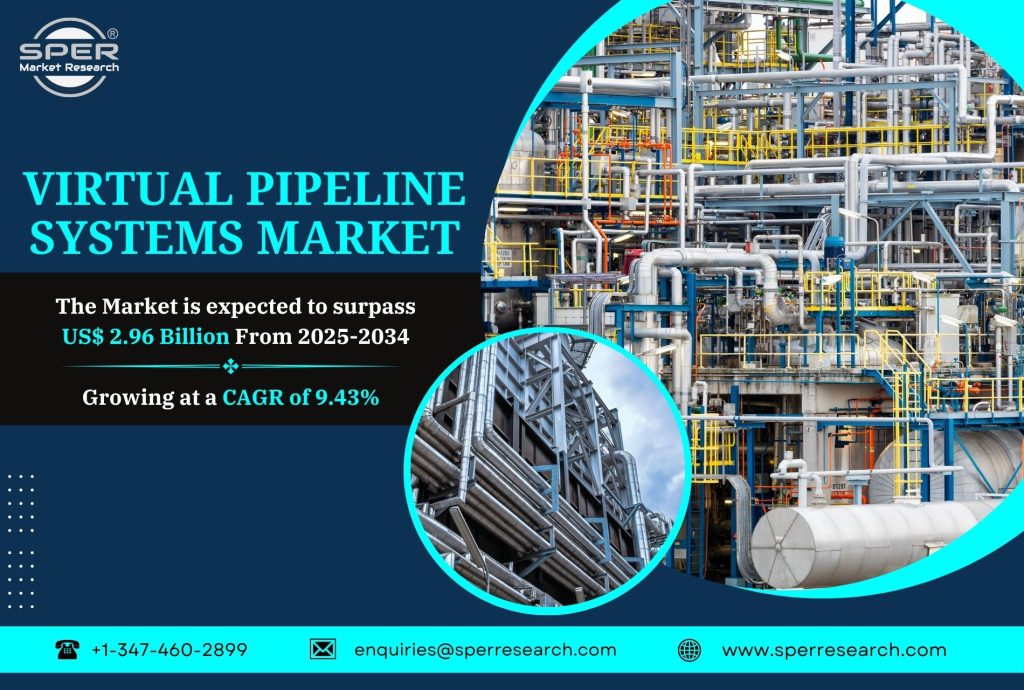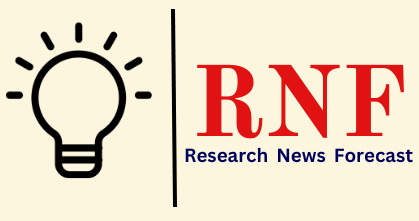Virtual Pipeline Systems Market Demand, Trends, Scope, Business Competition and Future Challenges 2034: SPER Market Research

Virtual pipeline is a technology that eliminates the need for actual pipelines by moving natural gas or other fuels from producing locations to final consumers. Usually, it uses modular containers, like ISO-certified tanks, to transport liquefied natural gas (LNG), compressed natural gas (CNG), or other fuels by ship, train, or truck. Because of their scalability and flexibility, virtual pipelines are perfect for areas without a well-established pipeline system or for transporting fuel to distant places, temporary sites, or industrial operations. Compared to constructing permanent pipelines, they allow for quick deployment and are more affordable, particularly in difficult-to-reach areas. In order to meet energy demands in a sustainable and effective way and improve energy accessibility worldwide, virtual pipelines are essential.
According to SPER Market Research, ‘Virtual Pipeline Systems Market Size- By Type, By Gas, By Pressure, By Application- Regional Outlook, Competitive Strategies and Segment Forecast to 2034’ states that the Global Virtual Pipeline Systems Market is estimated to reach USD 2.96 billion by 2034 with a CAGR of 9.43%.
Globally, the virtual pipeline business is expanding due to the development in remote operations, underscoring its use as a temporary solution to expand access to natural gas. Virtual pipelines allow the industry to use cleaner energy sources in places where traditional pipelines aren’t available, which encourages competition and innovation. This shift stimulates the local market and encourages the development of better goods and services, which accelerates worldwide penetration. This flexibility allows virtual pipeline networks to be deployed to underserved regions, promoting market expansion and forcing tanker truck and towing trailer manufacturers to adapt to evolving energy transportation needs. One Canadian company, Ferus Natural Gas Fuels, for example, specialized in offering LNG solutions to the mining, transportation, and energy industries.
Request a Free Sample Report: https://www.sperresearch.com/report-store/virtual-pipeline-systems-market.aspx?sample=1
The regulatory environment, which includes safety regulations, environmental constraints, and permitting procedures, may make it more difficult to create and operate virtual pipelines. Overcoming these legal barriers could lead to increased costs and a longer project completion timeline. Additionally, virtual pipelines must be safe, especially while handling, storing, and transferring liquefied or compressed natural gas. Concerns about accidents, leaks, and security risks might erode investor trust and regulatory approval. As a result, it is anticipated that this will hinder market expansion. Inadequate infrastructure limit the amount of gas that can be stored and transferred, which restricts the market’s potential and reach. This limitation could lead to increased costs, longer lead times, and difficulties responding to demand fluctuations.
The United States is the market leader for virtual pipelines. This dominance stems from the region’s vast natural gas reserves, existing virtual pipeline networks, and well-developed pipeline infrastructure. Some of the key players are – Composite Advanced Technologies LLC, Chart Industries Inc, CNG Services Ltd, Fiba Technologies Inc, and Galileo Technologies S.A.
For More Information, refer to below link: –
Virtual Pipeline Systems Market Growth
Related Reports:
Follow Us –
LinkedIn | Instagram | Facebook | Twitter
Contact Us:
Sara Lopes, Business Consultant — USA
SPER Market Research
enquiries@sperresearch.com
+1–347–460–2899





